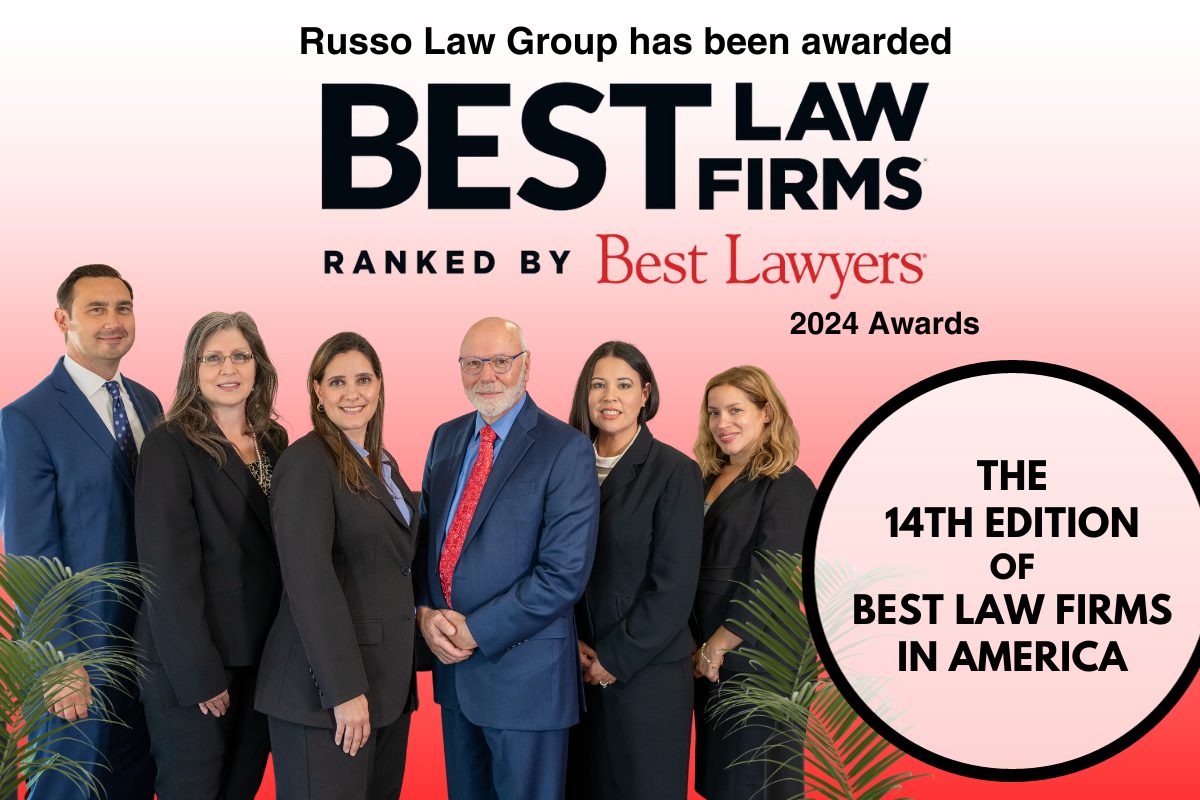Watch “In The Legal Know” with Vincent J. Russo Vincent appeared on CFN Live on…

The Types of Trusts – Which one is best for you?
You have heard many people refer to trust as a great planning tool for your estate. It provides opportunities for so many different things, such as long-term care planning, tax planning, and probate avoidance. While you consider meeting with an attorney to discuss your options, you may want to have a basic understanding of several of the most common types of trusts.
Revocable Trust
A revocable trust is one of the most common types of trusts. It allows the trust creator to maintain control of all trust assets. After establishing a revocable trust, the trust creator can amend or revoke the trust at any time. Since the trust creator can amend or revoke the trust at any time, he or she is considered to still own property placed in a revocable trust for tax purposes. This means that the property in the revocable trust is still subject to estate taxes. This trust also does not protect assets for long-term care costs, but it does help to avoid the probate process for the creator.
Irrevocable Trust
Another common trust is an irrevocable trust. An irrevocable trust has restrictions on amendments and generally cannot be revoked. Once a person places assets in an irrevocable trust, the assets no longer belong to him or her. Property placed in an irrevocable trust is no longer considered available for the purposes of long-term care protection and, depending on your circumstance, could be a great way to protect the value of your assets for long-term care planning.
Family Protection Trust
Another trust that can be either revocable or irrevocable. This trust is often used by parents to help leave assets to their children in a protective way. This trust can shelter the inheritance from the child’s marital issues and allow the funds to be passed down through the generations.
Supplemental Needs Trust
This trust is commonly for disabled individuals or individuals with special needs. This trust is used to protect the inheritance for one such individual so that they can maintain any of the government benefits that they are receiving at the time of their inheritance. This trust is funded with money from a third party and not funds directly owned by the disabled individual.
Special Needs Trust
This trust is commonly for disabled individuals or individuals with special needs. This trust is funded with the individuals’ personal assets in an effort to maintain any of the government benefits that they are currently receiving. This trust is funded with money directly from the disabled individual.
Credit Shelter Trust
Credit shelter trusts, which may also be referred to as bypass trusts or family trusts, are employed for the purpose of transferring assets while avoiding estate taxes. The trust creator will have the documents drafted to create the trust, and then include a provision in his or her will that leaves assets up to the estate tax exemption to the trust. Even if the money in a credit shelter trust appreciates, it is never subject to estate tax.
Irrevocable Life Insurance Trust
Another common trust is the irrevocable life insurance trust, which is commonly referred to as an “ILIT”. The ILIT is a type of irrevocable trust that is specifically designed to hold and own life insurance policies. The main purpose of the ILIT is to remove the value of your life insurance policy from your taxable estate. The assets in ILITs can be transferred to beneficiaries immediately in order to pay for any estate costs. One drawback to the ILIT is that, once you have transferred your life insurance policy into it, you cannot borrow against the policy or change your named beneficiary. In addition, you cannot be a Trustee of an ILIT, otherwise, you will be deemed to have incidents of ownership of the life insurance and thus defeat the purpose of the trust.
So, with this basic knowledge, schedule your appointment today to learn more about the types of trusts that exist and the best options available so that you can start saving those hard-earned assets for the future!




This Post Has 0 Comments